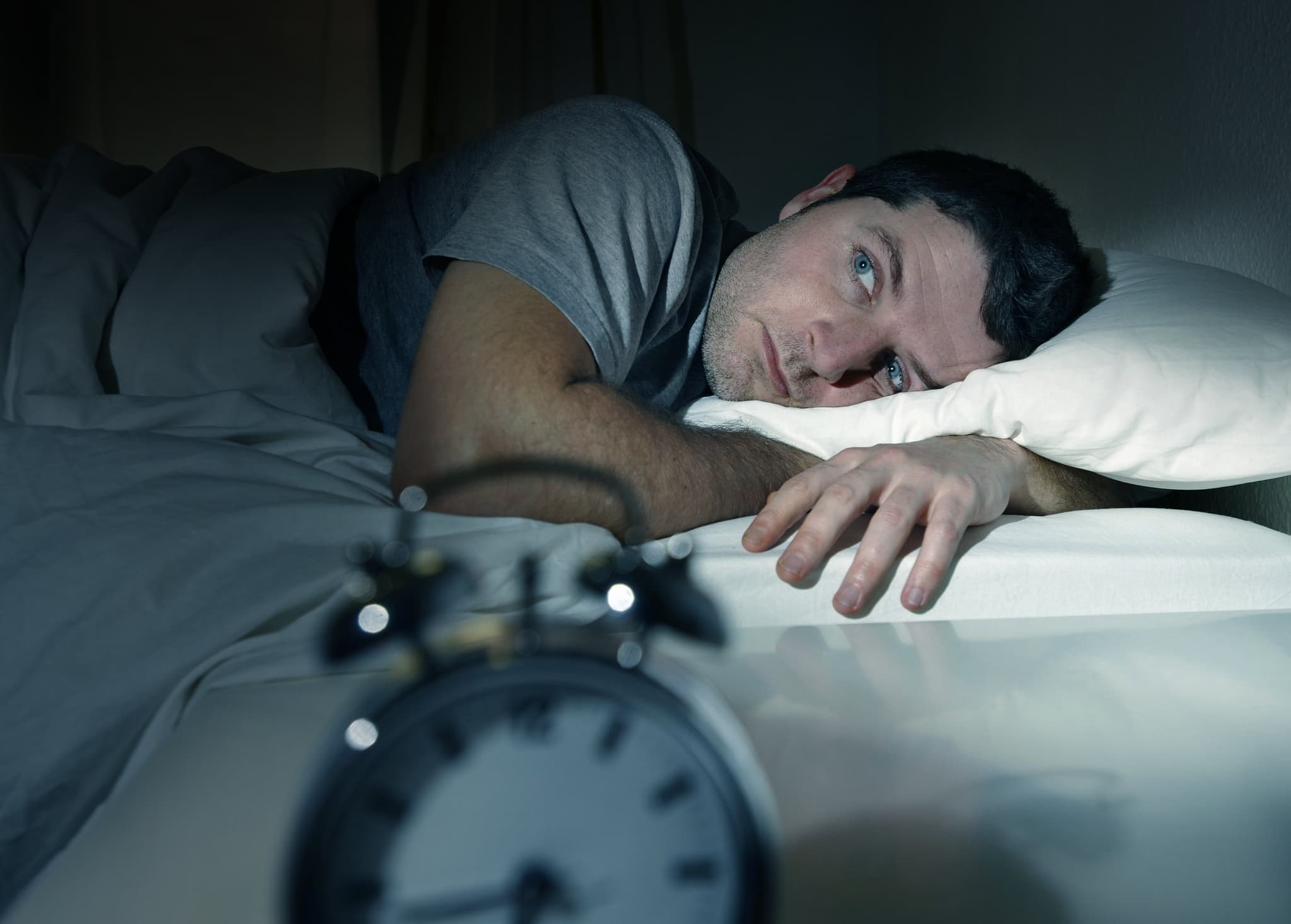
2025-11-21T14:10:25
How to Prevent Gestational Diabetes
- Family Medicine
- Internal Medicine
- OB/GYN
September 12, 2016 | Internal Medicine
Specialties:Internal Medicine

Do you start tossing and turning as soon as you hit the mattress? Or maybe you’re a thrasher, pulling pillows over your head, kicking off the covers, pulling them back on – hoping that if you can just find the right position/temperature/noise level/type of pillow/mattress topper . . . you’ll be able to sleep through the night.
If this sounds like you, 30 million other Americans are keeping you company during those dark, frustrating hours, according to the Sleep Disorders Foundation. As many as 15 percent of all U.S. adults report having severe and chronic (lasting at least 30 days) insomnia that affects their daytime functioning.
Insomnia is a very complicated condition with many different causes, but it’s generally defined as “difficulty falling asleep or staying asleep, even when a person has the chance to do so.” Some people can’t fall asleep; others can’t stay asleep. Some people grapple with both problems. This lack of refreshing sleep results in fatigue that takes a toll on concentration, mood stability and performance at work and school.
There is no “best practice” for the pharmacological treatment of insomnia, explains the Sleep Disorders Foundation. Your doctor will make this decision with you based on the risks and possible benefits. Some substances that are used include:
The far more common obstructive sleep apnea can cause low blood oxygen levels that may lead to heart disease, high blood pressure, sexual dysfunction, depression and memory and concentration problems. Chronic snoring is a common sign that sleep apnea is present, and it’s important to contact your internal medicine physician to seek treatment for this condition, because leaving it untreated can result in other serious illnesses.
Your internal medicine provider might suggest you visit with a sleep medicine doctor who will test for sleep apnea and determine its severity using a sleep study. Your heart rate, breathing, airflow, blood oxygen levels and other functions are closely monitored during an overnight stay at a sleep center. Most sleep apnea patients use a highly effective CPAP mask, or a “continuous positive airway pressure device,” that gently blows air into the airway to help keep it open during sleep.
Are you tired of struggling with lack of sleep? Our physicians and technicians work with your primary care physician to diagnose a variety of sleep disorders, including sleep apnea, and we can help you explore a number of options to return you to restful and restorative sleep.
WRITTEN BY:
The Live Better Team

2025-11-21T14:10:25

2025-10-21T11:51:52

2025-08-12T11:38:49

2025-07-10T09:26:52
This information is not intended to replace the advice of a medical professional. You should always consult your doctor before making decisions about your health.